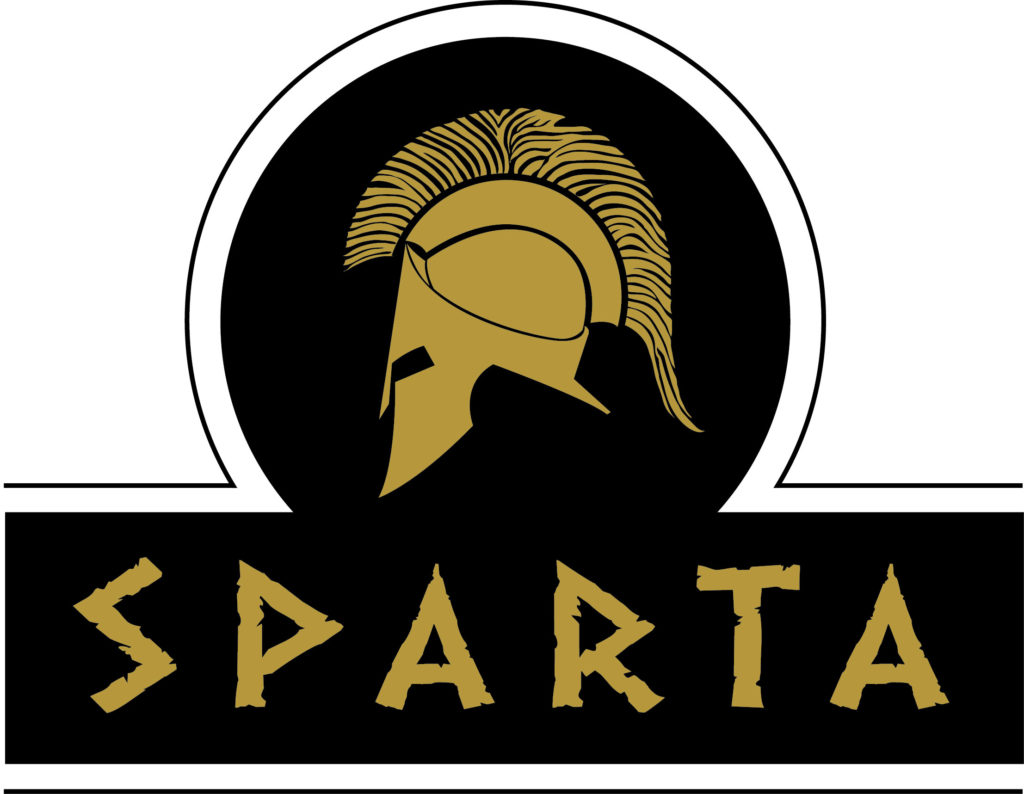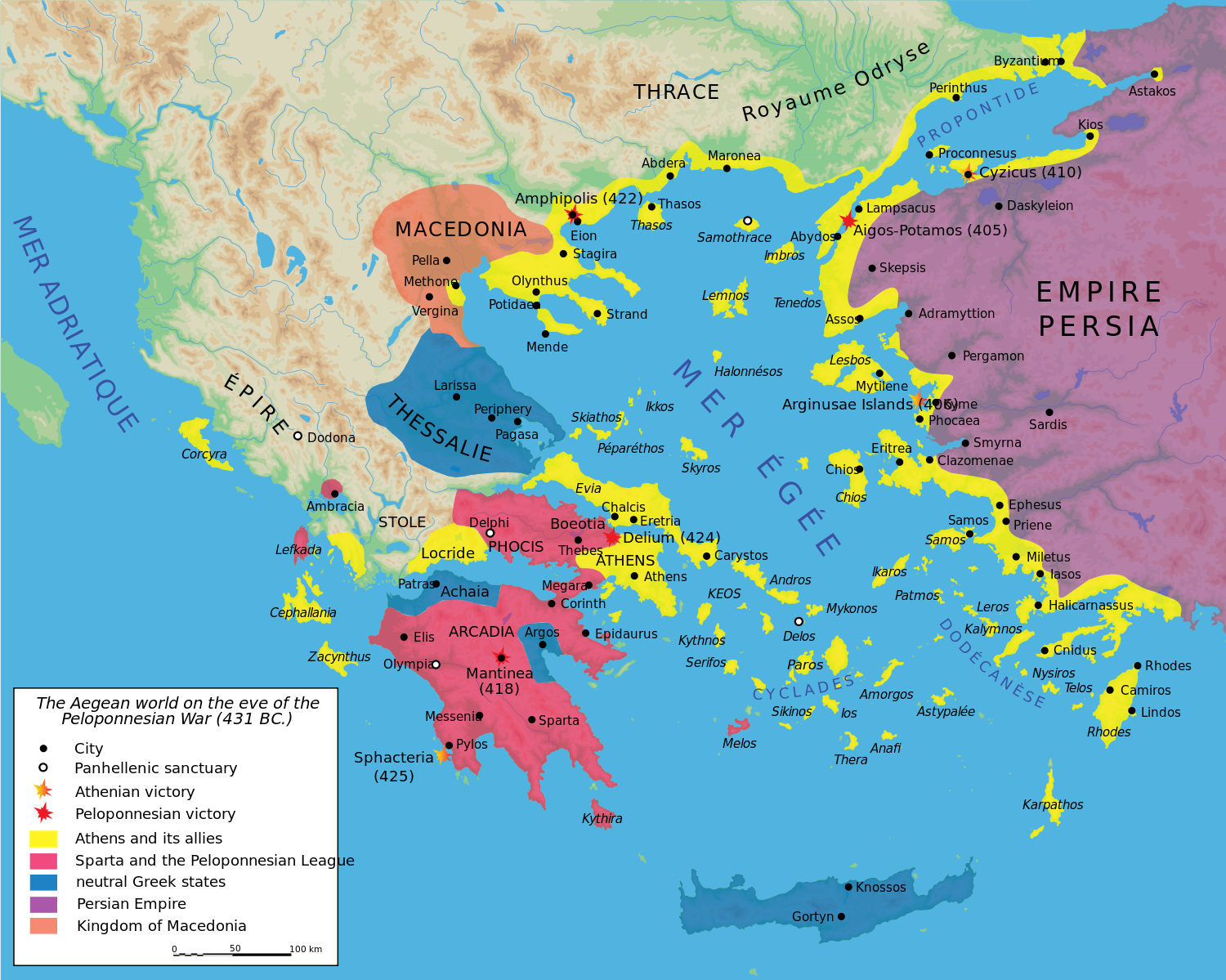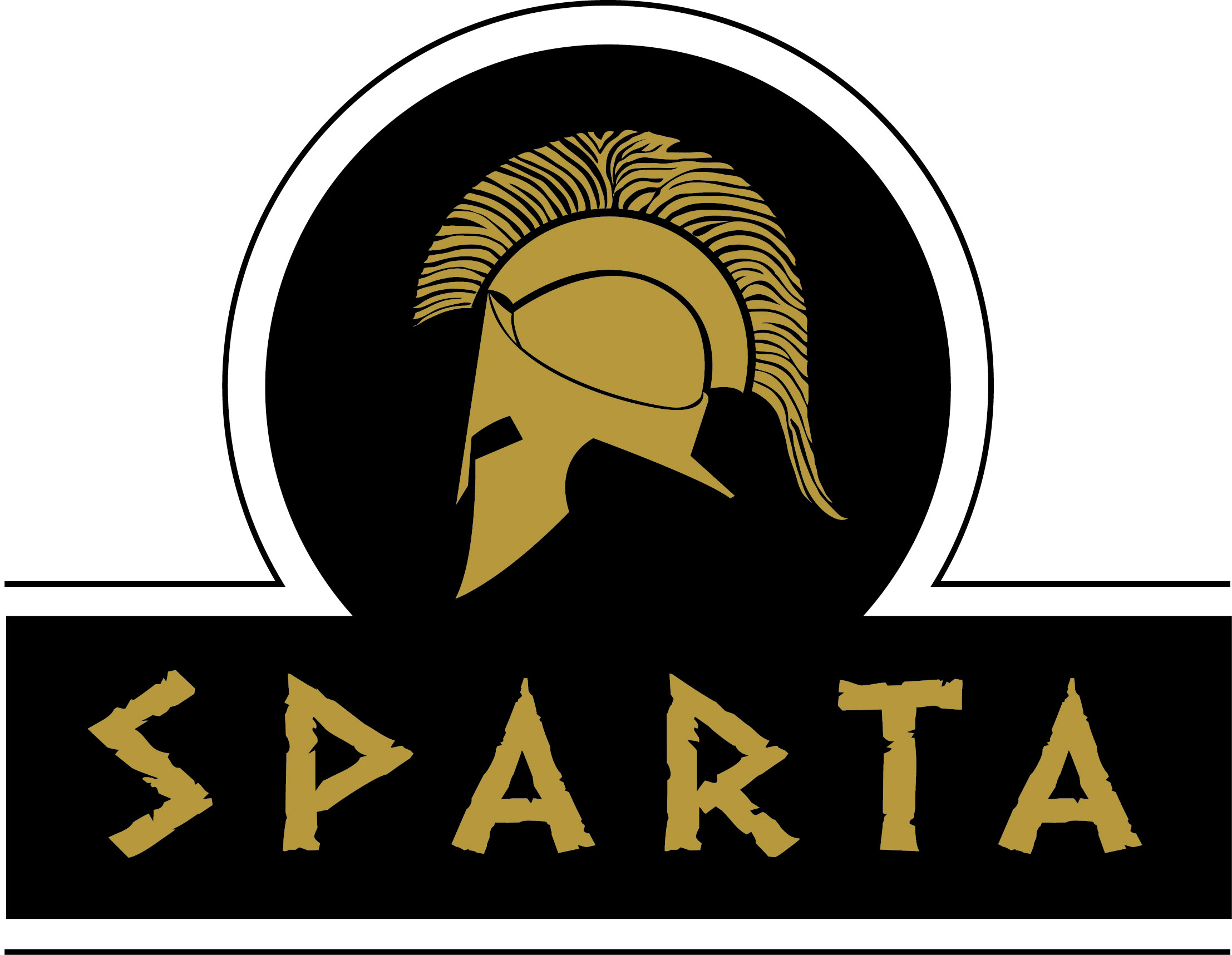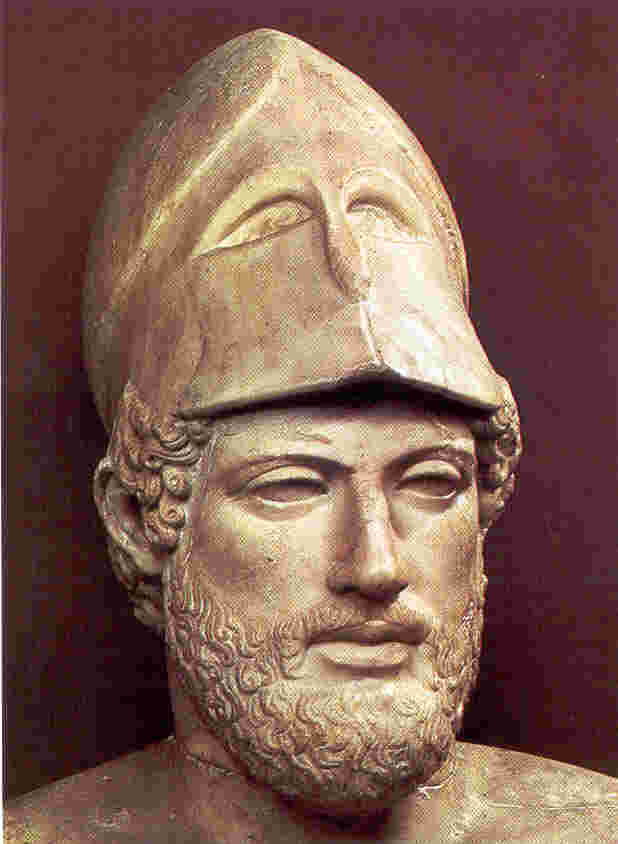
If in Athens we have ethnopolitical aspects, insofar as the democracy was tempered by Hellenic virtue, in Sparta we have a State wholly dedicated to systematic organization of the society according to a biopolitical ideal. Sparta’s mixed system of government and fiercely communitarian and hierarchical customs were supposed to have been created by the semi-legendary lawgiver Lycurgus, who perhaps lived in the ninth century B.C. Virtually nothing can be said for certain about his life. Lycurgus was, in later ages, rumored to have traveled to Egypt, Ionia, Crete, and even India, where “he talked with the Gymnosophists,”[1] before establishing Sparta’s constitution. What is clear, in any case, is that the basic law and way of life attributed to Lycurgus, and credited for Sparta’s success, were emphatically biopolitical.
Spartan law and culture were obsessed with systematically ensuring good breeding, martial education, and group unity. Spartan ethics and law considered that what was good was whatever was good for the community. During a debate as to whether a commander had abused his authority, the Spartan king Agesilaus argued: “The point to be examined . . . is simply this: has this action been good or bad for Sparta?”[2] Kevin MacDonald has argued that the law instituted by Lycurgus – featuring in-group altruism, relative egalitarianism, separation from and unity in the face of out-groups, specialization in warfare, and communally-determined in-group eugenics – qualifies as a genuine “altruistic group evolutionary strategy.”[3]
Few forms of government have so drawn the admiration of both liberals and ‘totalitarians’ as that of Sparta. Many republicans, both ancient and modern, have been impressed by the Spartans’ ‘mixed’ system of government, with its combination of monarchic, aristocratic, and democratic elements, as conducive to social unity, stability, and the rule of law. The Founding Fathers of the United States sought to emulate Read more









